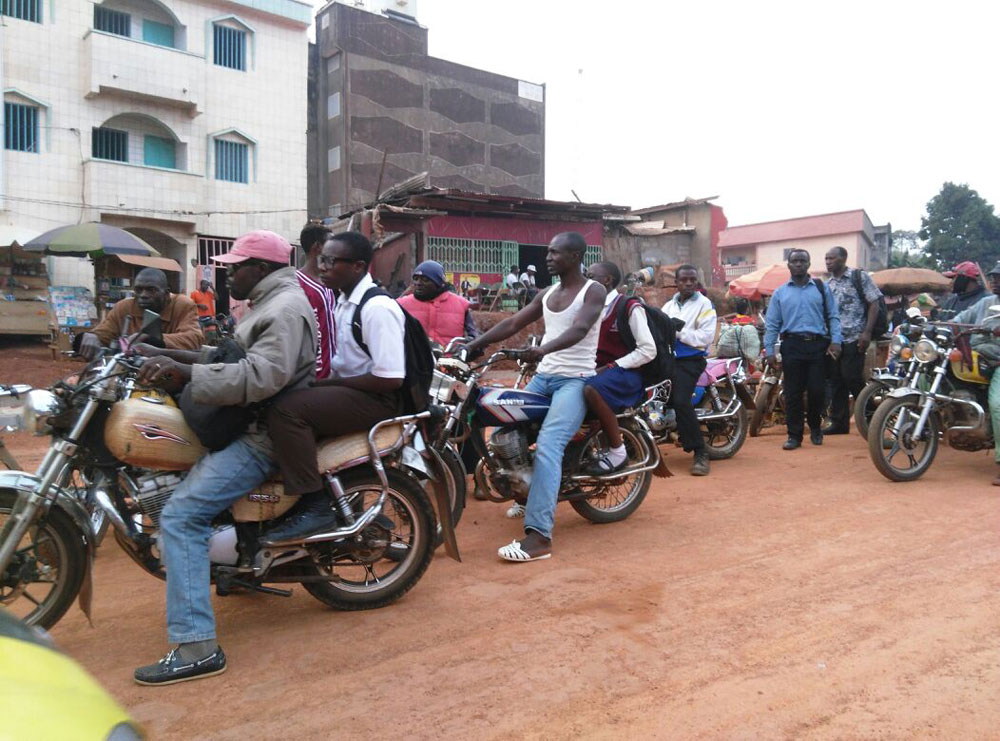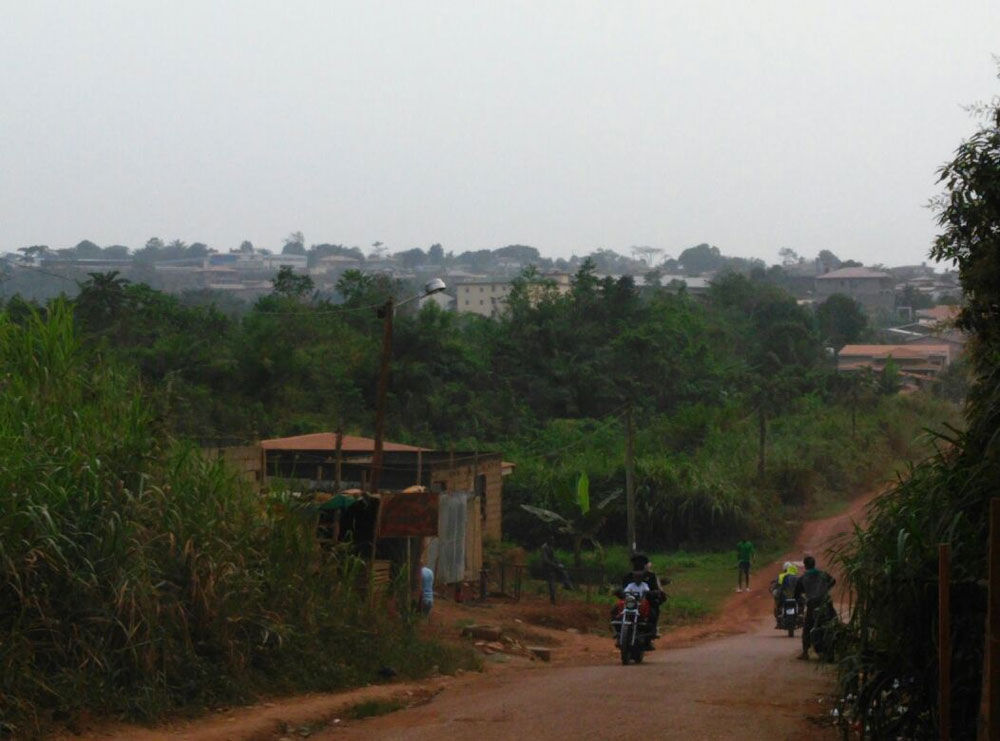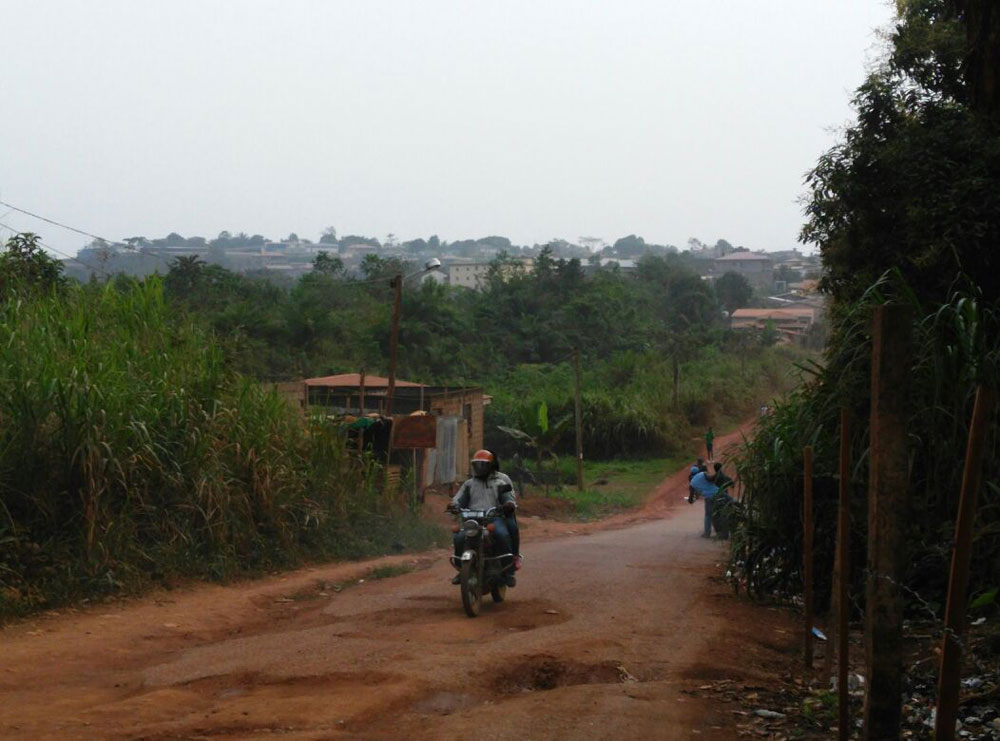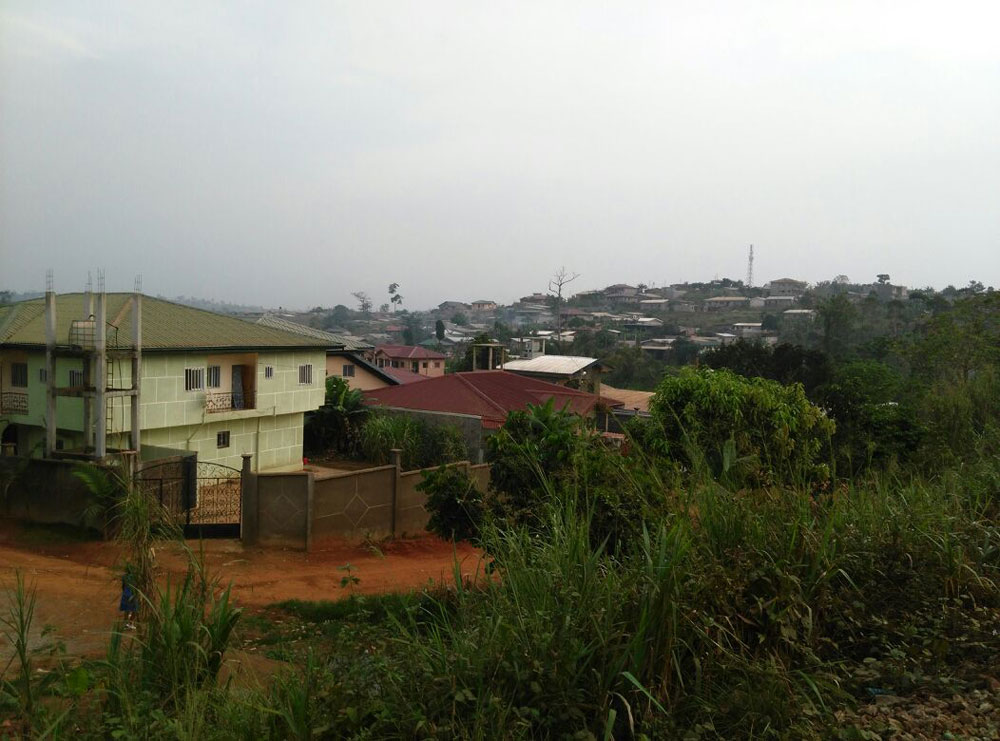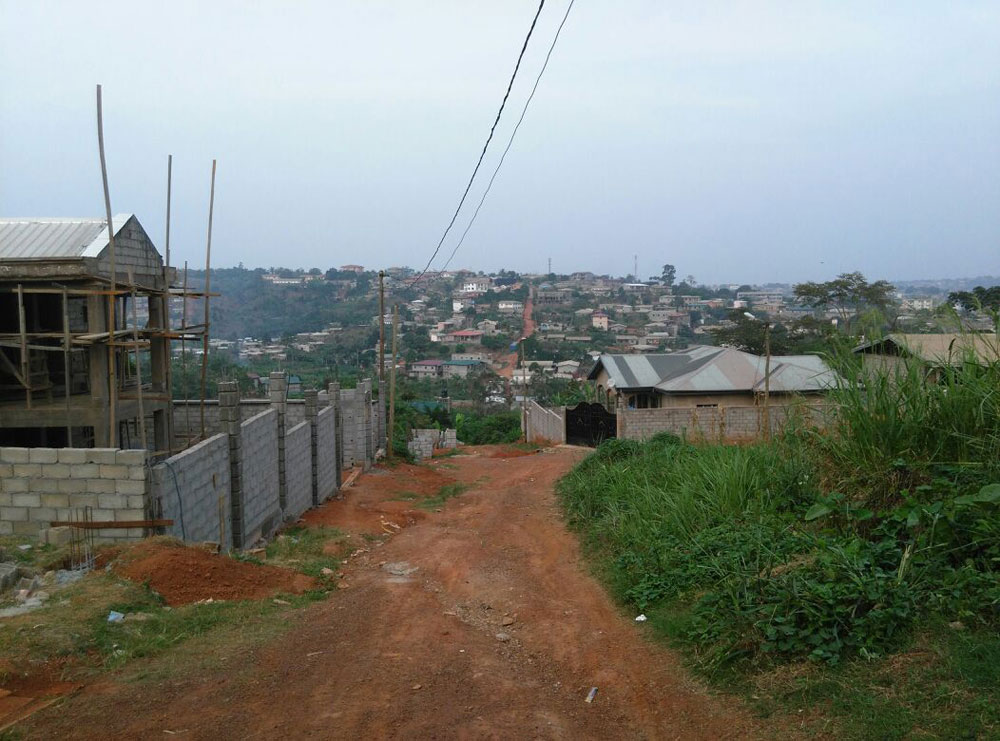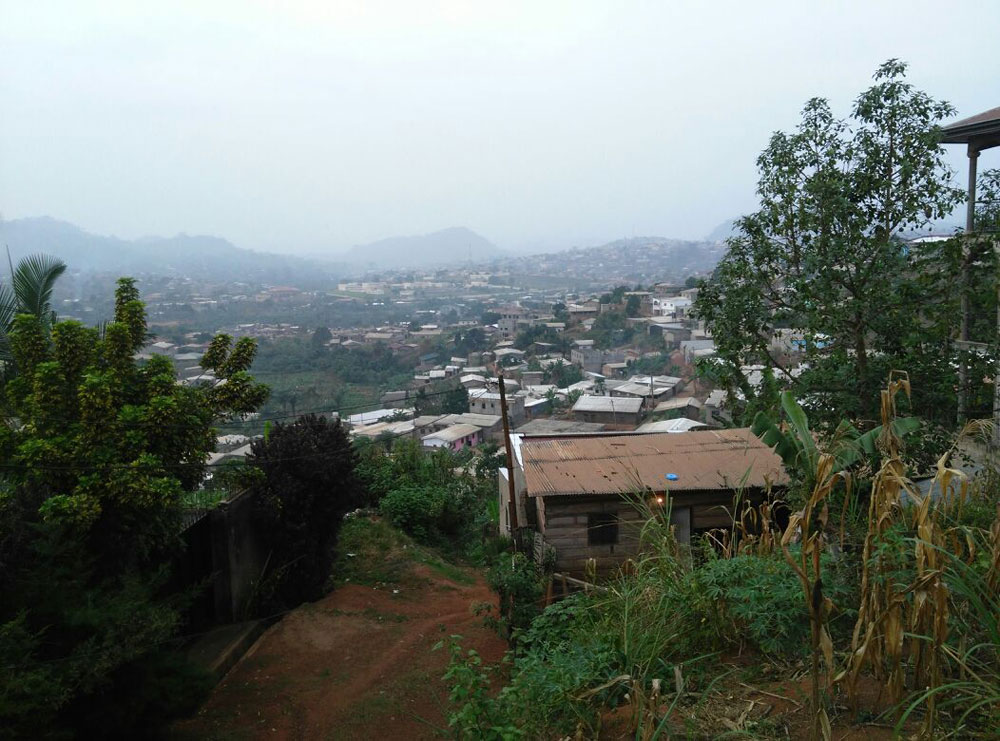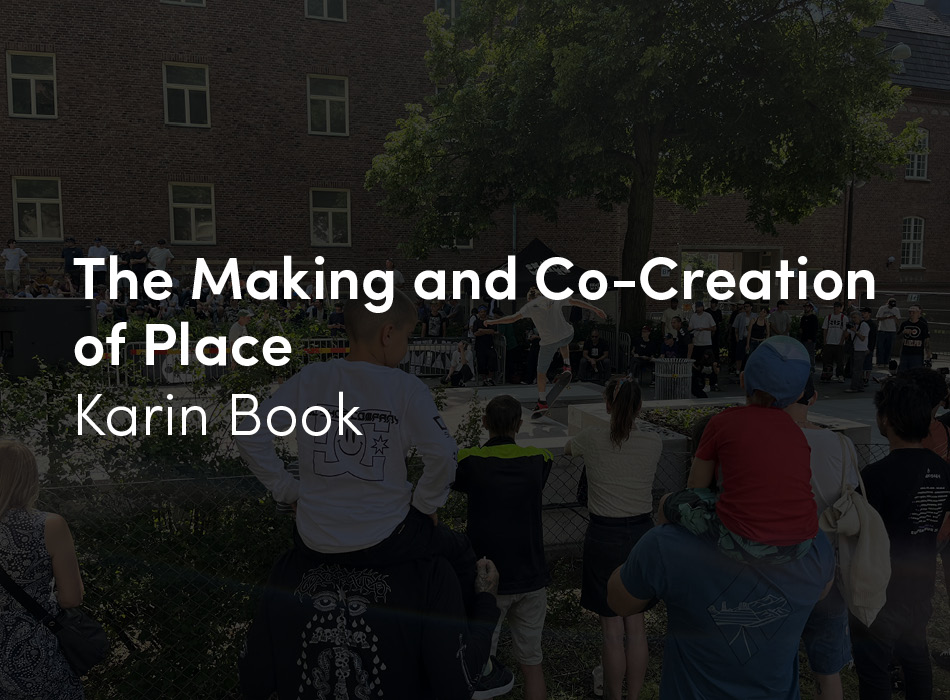While the motorbike is not a Chinese invention, the cheap motorbike, on the other hand, is. This mode has taken a lead position in the mobility systems of African cities, from N’Djamena to Lomé to Yaoundé. In just a decade, individual motorbikes and motorcycle taxis in particular have succeeded in filling the gap that existed in urban public transportation, allowing thousands of people to move from city centers to the most remote/inaccessible outskirts.
China’s role in the creation of African cities is generally regarded through the lens of large-scale projects that sometimes change the very fabric of urban structures. The new train in Addis Ababa, for instance, whose infrastructure the China Railway Engineering Corporation (CREC) built to the tune of 475 million dollars (446.7 million Euros), was financed by China Eximbank.
China’s footprint is also visible in the special economic zones (SEZ) it has been building and selling on the continent in recent years, redeveloping entire neighborhoods in order to develop the country industrially. The latest SEZ, whose construction is expected to begin in summer, will be in Pointe-Noire, in the Democratic Republic of Congo.
Accessibility and Land Rights
However, China also has its share of responsibility in the acceleration of urban sprawl due to the rise in the sale of cheap motorbikes in Africa.
China’s role here, though (perhaps) involuntary, is nonetheless very real. Motorcycle taxis provide work to thousands of drivers and an alternative modal choice for millions of Africans.
In Yaoundé, like in many African cities both capital and secondary, motorcycle taxis have invaded the urban space, allowing people to go anywhere anytime — even the remotest, most rugged outskirts.
Given the issue of accessibility in African cities, Africans have historically developed along major roads (e.g. national roads). Nowadays, however, nothing stops motorcycles, which have become accustomed to going as far as the Simbok neighborhood at the southwest exit of Yaoundé, which they have helped to fashion. The slopes, marshes, shallows and the beautiful areas on the plateau – agricultural land – were settled in the space of just a few years. And so the city is catching up with its periphery and its fields in a double phenomenon of sprawl and urban agriculture.
At first, this urban agriculture serves to supply the city. However, it is often just a step on the road to development; little by little, houses replace crops and families move in, thus fueling this expansion. These families then claim rights, particularly with regard to network connections (road, water and electricity) that China will perhaps one day build.
The Emergence of the Nuclear Family
Moreover, the phenomenon has intensified as land use planning increasingly calls for land development. When traditional law is applied, development never takes place prior to population settlement. Rather, once acquired, the parcel must be cultivated or built on as soon as possible, in order to prove occupation and ownership. In many cases, this dual land tenure system, between traditional and modern rights, allows for a flexible interpretation and facilitates the sale, donation or exchange of parcels, especially in outskirts that have not been made subject to more stringent urban regulations.
In addition to motorcycle taxis, land availability and the current land use system are also causes of urban sprawl.
The low cost of Chinese motorbikes has also led to an increase in the number of owners, making it possible for families to own one or even several, making the problem of urban sprawl even more pervasive. This is all the more true as the model of the nuclear family spreads to cities across the continent; no longer is it a question of one parcel per extended family, but rather one per child when each founds his or her own family.
The phenomenon is obvious in Ndogpassi in Douala, which is part of a vast series of neighborhoods aptly called “Village.” At the northwest exit of Lomé in Togo, Sanguéra, for instance, sees an endless chain of people who come to cultivate and, ultimately, settle in the neighborhood.
In this context of limited resources, motorcycle taxis operate irremediably, bringing with them urban sprawl against which urban authorities struggle. In combination with the land system’s ambiguity and remote urban outskirts, they form a formidable framework against which planning professionals can do little. The reality of a dense, structured African city moves a little farther away each day, to the sound of motorbike backfire.





